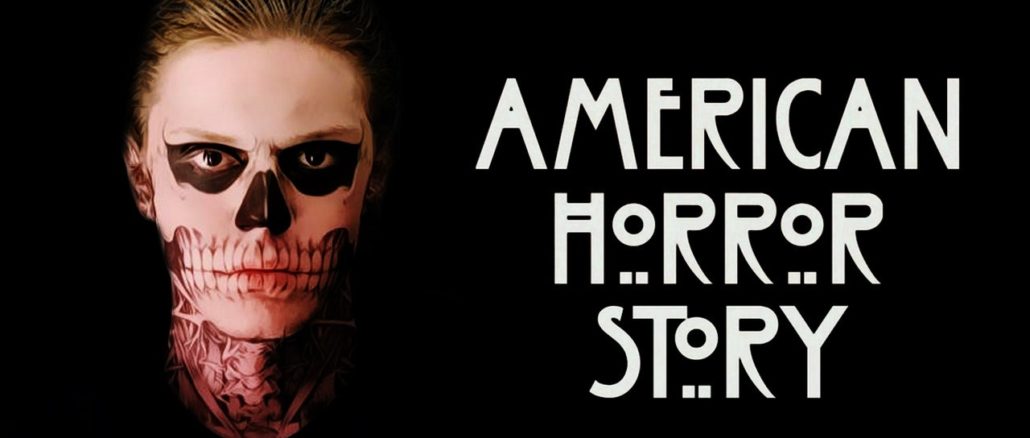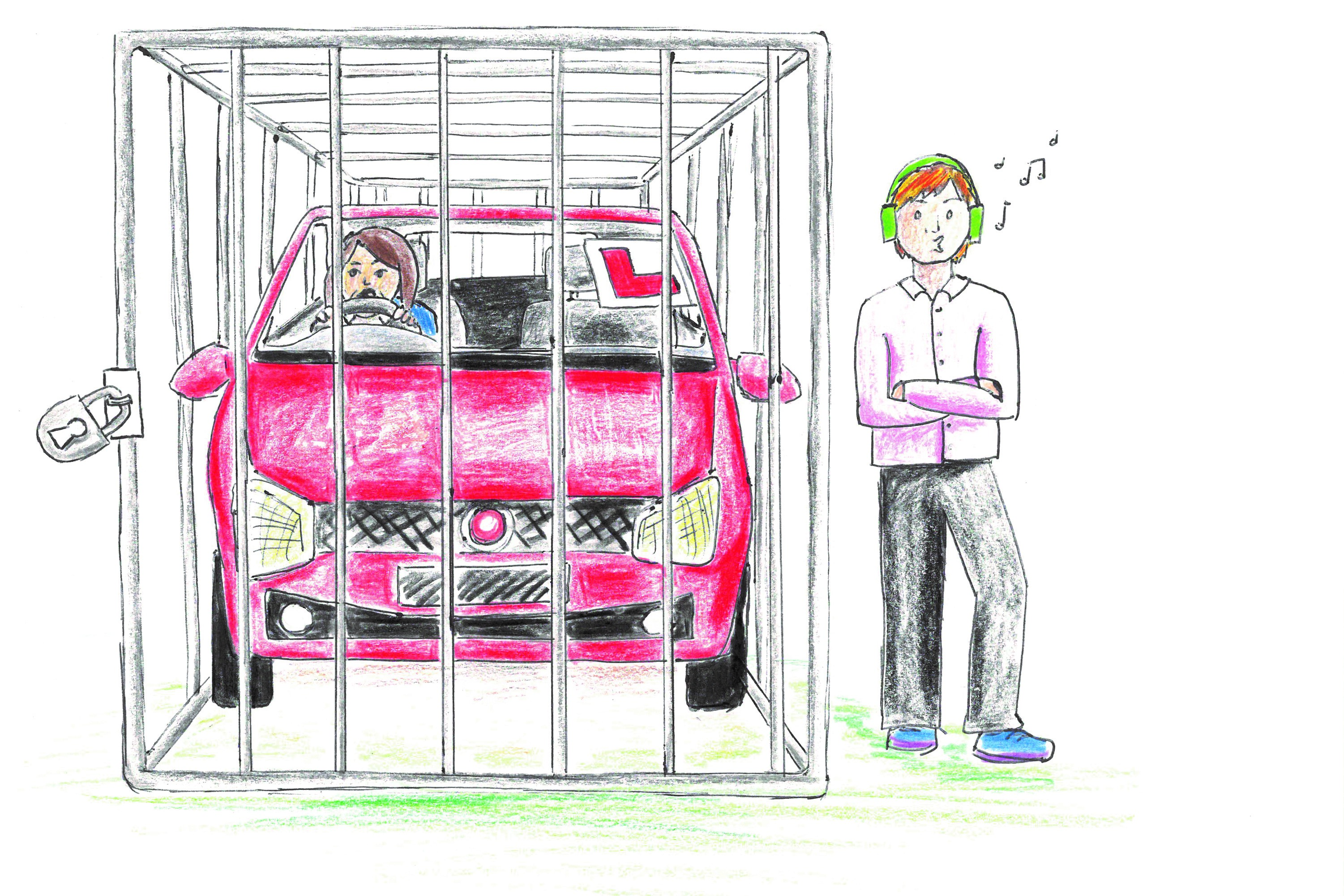
Ryan Murphy, screenwriter and producer extraordinaire, can never be called narrow and repetitive in his concepts. Murphy’s oeuvre is something of a mixed bag, stretching from the downright ridiculous musical drama GLEE to the reality based American Crime Story which focuses on exploring the OJ Simpson trial in its first season. Each show has its own starkly different tone, and in due course each has its own market and audience.
Nestled somewhere between these are Murphy’s most popular currently running shows, American Horror Story and Scream Queens. Dark and more often than not morbid, American Horror Story is an anthology series with an ensemble cast that explores different horror concepts and environments with each season.
The show sprawls from issue to issue, Murphy seemingly unable to focus himself to one narrative idea and to stick to it, and it can really lose its way and become a free-for-all in which there is no one plot important enough to remember. Yet for all that, it is unlike anything else on TV right now.
Murphy himself has addressed that each season of horror story attracts different viewers. Seasons one and two were there for old school horror fans, along for a serious and uncomfortable ride. Since season three onwards however, the fanbase gained a considerable bump in millennial viewers.
The tone of American Horror Story: Coven is sassy cat-fight with the only horrific things in it the lack of character development and a cohesive plot. It is RuPaul’s Drag Race with more witchcraft and death, and a little less credibility. Freakshow and Hotel reigned it back in a lot, but the theatrical nature of it was hard to be fully rid of.
Scream Queens is the result of Murphy seeking to bleed the campiness and melodrama out of American Horror Story to return it to its roots, and Scream Queens sure does take up the baton and run with it.
Scream Queens’ offensive and off-colour humour is a vicious and clear cut take on the lifestyle of the upper class of America, the self-centred sons and daughters of so called American ‘dynasties’. Chanel Oberlin, played by Emma Roberts is a racist, homophobic, anti-PC nightmare, and she is impossible to hate. This stands as a metaphor for the show as a whole, poking fun at horror tropes and breaking through what can comfortably be said on television.
This whole concept works because of the tongue in cheek nature of the humour and the show itself, as does the signature spinning Murphy camera angles and the cringe-worthy Backstreet Boys music being smashed into an episode with a song by Frida providing a punchy girl power hit in the same episode, seamlessly blending scenes and music just like the show blends genres.
The sister shows have a very different audiences despite many Murphy fans transferring their love of one show to the other. Scream Queens seems to be a ploy to capture the market that is the resurgence of TV horror, and not just any horror, but the good ol’ nineties and noughties slasher.
They are popping up everywhere recently, from Chiller’s appropriately named Slasher to MTV’s Scream and Freeform’s Dead of Summer. When each new series emerges it leaves a little less room to be the first to try something, and it means producers have to work harder to make their tone clear and unique.
It feels very much like Murphy is returning American Horror Story to its former classic glory with season six, Roanake. A slow burner so far, Roanake is reminiscent of season one; an educated man and his seemingly constantly food-preparing wife snatch up a steal of a house in the countryside to escape the violence of the city and the horrors of their past, only to find brand new ones.
It has been seen before and it’s been seen for a reason, it is timeless and it can always be done in a fresh way, despite what the sea of poorly attempted horror clones on both TV and silver screen would have you believe.
With American Horror Story playing to its strengths of being a genuinely creepy series and Scream Queens playing to its own as the comedically vicious brat sister of horror, Murphy could be set to maintain his spinning plates while drawing a unique audience to each show.
The question remains, however, if Murphy can maintain the distinct tone of each show from now on, and if he can’t, will they have a place on TV at all?
Conor O’Doherty




Leave a Reply